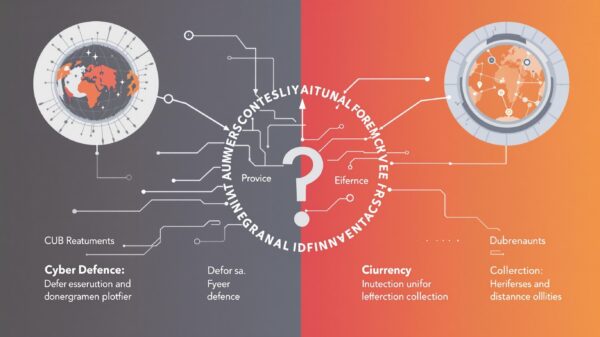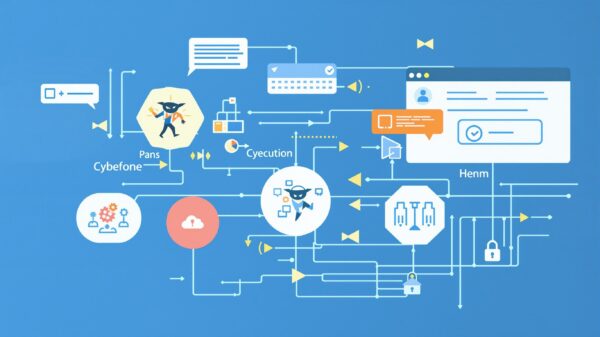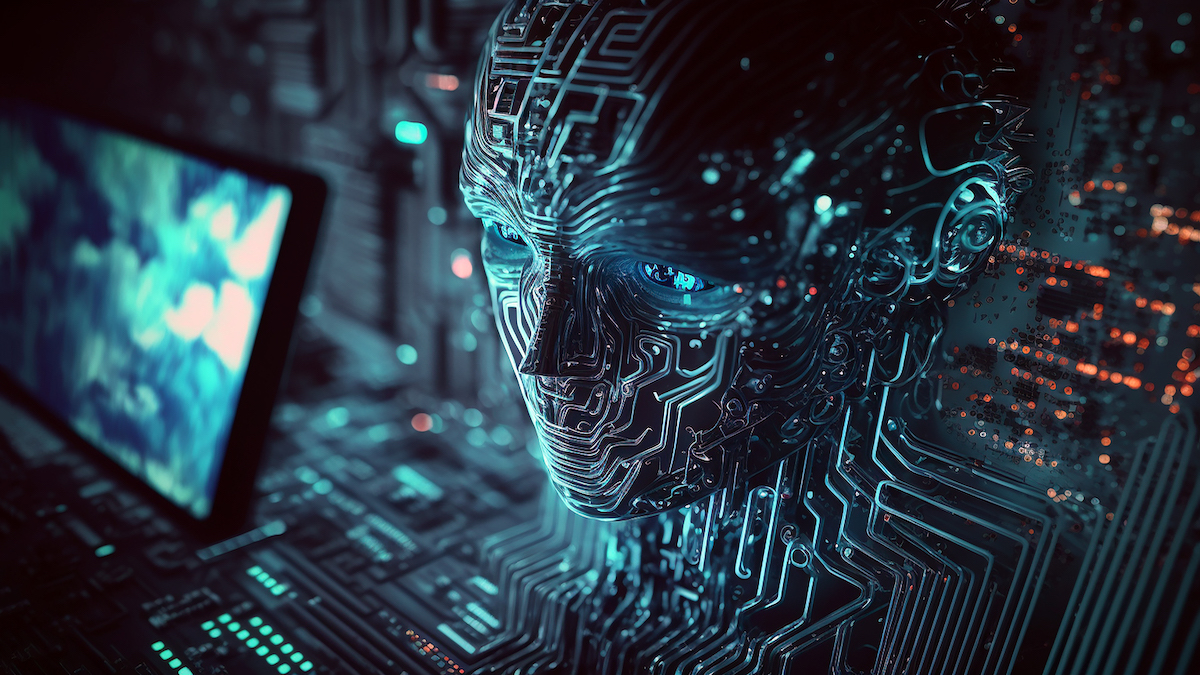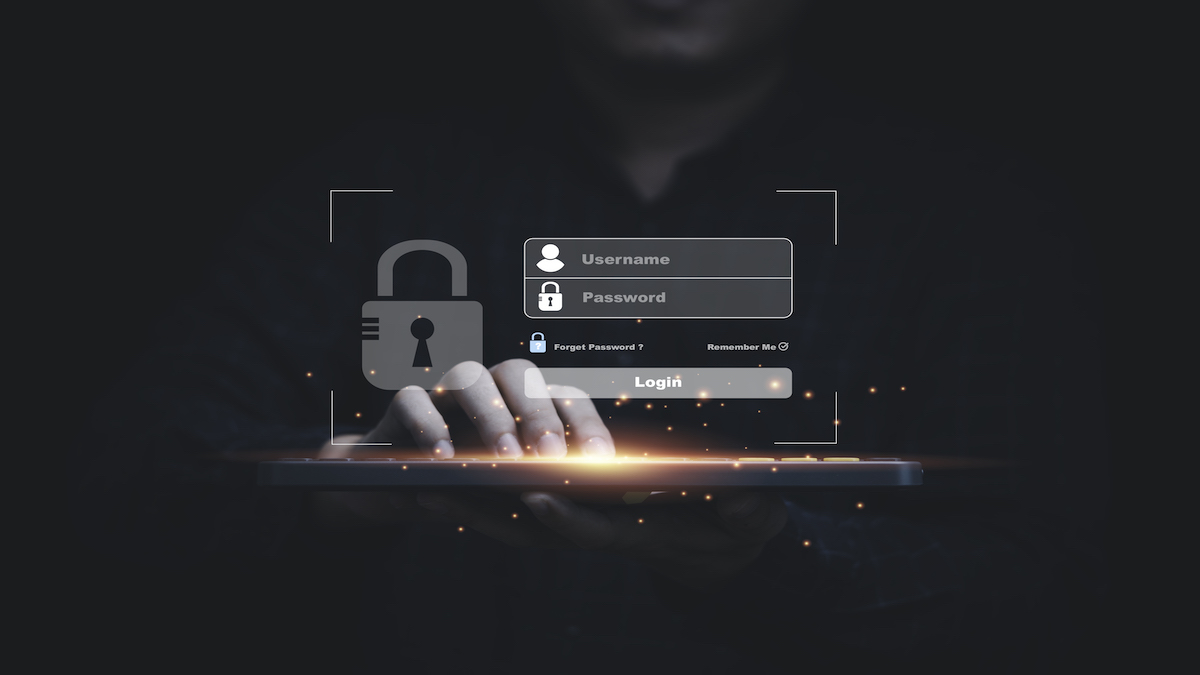Living in an era marked by rapid technological development, artificial intelligence (AI) stands at the forefront, transforming a myriad of aspects in our lives. One realm heavily influenced by AI’s disruptive force is cybersecurity.
AI technologies, despite their many advantages, serve as a double-edged sword in cybersecurity—providing both significant mitigation capabilities and unprecedented threat potential. This comprehensive exploration into the realm of AI-powered cyberattacks will reveal their evolving nature, potential impacts, and the strategies required for effective mitigation.
Decoding AI-Powered Cyber Attack
To fully grasp the conception of AI-powered cyberattacks, we must first decipher their core. In essence, these are malicious activities wherein threat actors employ AI technologies to boost their capabilities, executing attacks with an effectiveness and evasion previously unreachable by purely human endeavours.
Employing AI’s potent proficiency in data analysis, attackers can rake through vast data volumes, spotting system vulnerabilities with alarming speed and accuracy. The outcome? Highly targeted attacks capable of inflicting severe damage—ransomware, phishing, malware, deepfakes, and even sophisticated Internet of Things (IoT) attacks. Notably, on the rise is Ransomware-as-a-Service (RaaS), an alarming development serving as evidence of how AI can unintentionally aid in the democratisation of cybercrime.
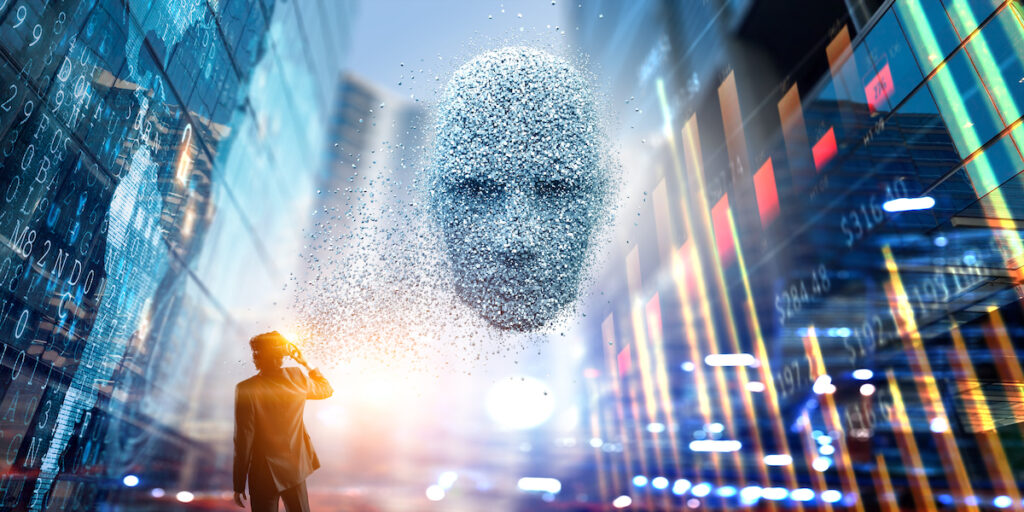
The Turbulent Landscape of AI-Powered Cyber Attacks
In parallel with the steady maturation of AI technologies, there’s seen a marked escalation in both the ingenuity and intensity of orchestrated attacks—escalating the turbulence within an already stormy threat landscape. Autonomous systems, capable of relentless attacks on critical infrastructure sans human intervention, are increasingly being deployed by cybercriminals. The potential for damage is genuinely staggering.
Furthermore, threat actors are exhibiting an increasing reliance on machine learning and natural language processing technologies. This adoption aids in refining their attack strategies—designing more convincing phishing attacks and deploying deepfake content with the finesse required to manipulate public opinion with devastating efficiency.
Consequences of AI-Powered Cyber Attacks
The damage inflicted by AI-powered cyberattacks extends beyond immediate financial costs—ransoms paid and the costs of system repair and fortification. The latent impact on an organization’s reputation is often more corrosive than the upfront financial damage, causing a potentially irreparable erosion of trust among customers and partners.
From a societal angle, a strategic attack on critical infrastructure—such as power grids or intelligent transportation systems—can yield truly catastrophic outcomes, wreaking havoc on a national scale. Moreover, AI-powered threats pose an impending danger to personal privacy and data security. By outsmarting traditional security defenses, these attacks can harvest highly sensitive personal and financial information—misuse of which adds a frightening personal dimension to the threat.
Fortifying Against AI-Powered Cyber Attacks
In response to this alarming development, organizations are deploying a range of strategies tailored to combat AI-powered cyberattacks. Chief among these is the concept of Zero Trust security—a robust framework that distrusts any party or interaction until verified. This approach serves as a formidable defense against the incursion of AI-powered threats.
Beyond this, implanting strong security mechanisms, including Multi-Factor Authentication (MFA) and potent encryption protocols, can further deter threat actors. Continual patching through software updates is crucial to address newly identified vulnerabilities, helping to plug potential breaches before they can be exploited.
Perhaps most importantly, an organizational culture promoting cybersecurity consciousness among employees is essential. By fostering an environment encouraging vigilance against suspicious activity and providing regular training, businesses can vest part of their protection in the hands of every team member.
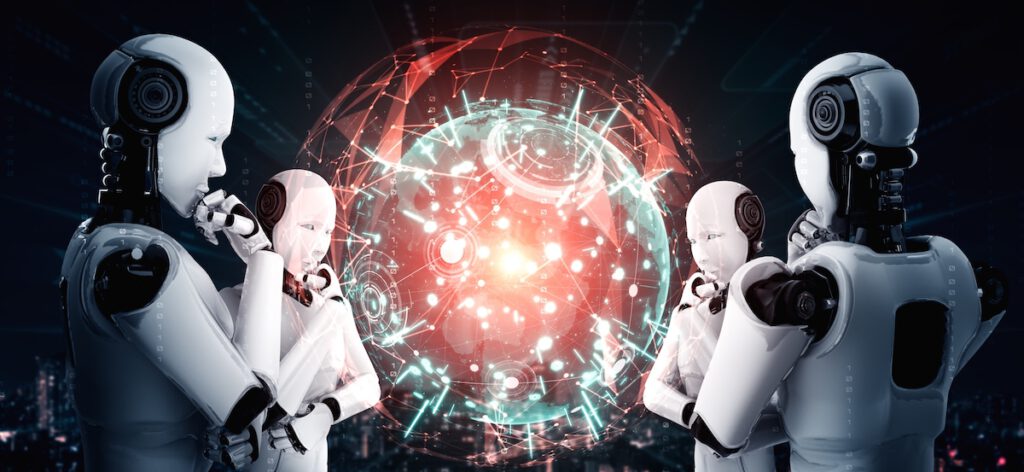
Navigating the Future of AI in Cybersecurity
Even considering AI’s role in escalating cyber threats, there’s no denying the increasing indispensability of AI in shaping a robust cybersecurity strategy. Used on the defensive side, AI has the potential to greatly boost cyber defenses, especially in early threat detection, predictive analytics, and rapid response measures. This AI enablement shifts organizations from a reactive security stance to a proactive one.
The necessity to develop more effective countermeasures undeniably calls for collaboration between AI professionals and cybersecurity experts. This alliance can leverage the capabilities of AI securely, reducing misuse and maximising potency.
Conclusion
With the complexion of the cybersecurity landscape continually evolving, understanding, and preparing for AI-powered cyberattacks is paramount. As AI technologies pervade deeper into our digital ecosystem, the importance of robust, AI-informed cybersecurity practices is amplified.
Businesses and individuals must remain vigilant and proactive, with a focus on continuous learning to stay ahead in this cyber-arms-race. The ever-evolving nature of the cyber threat landscape demands ceaseless exploration and adaptation to better formulate our defenses against AI-powered cyberattacks.

